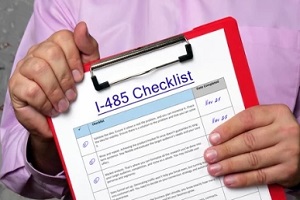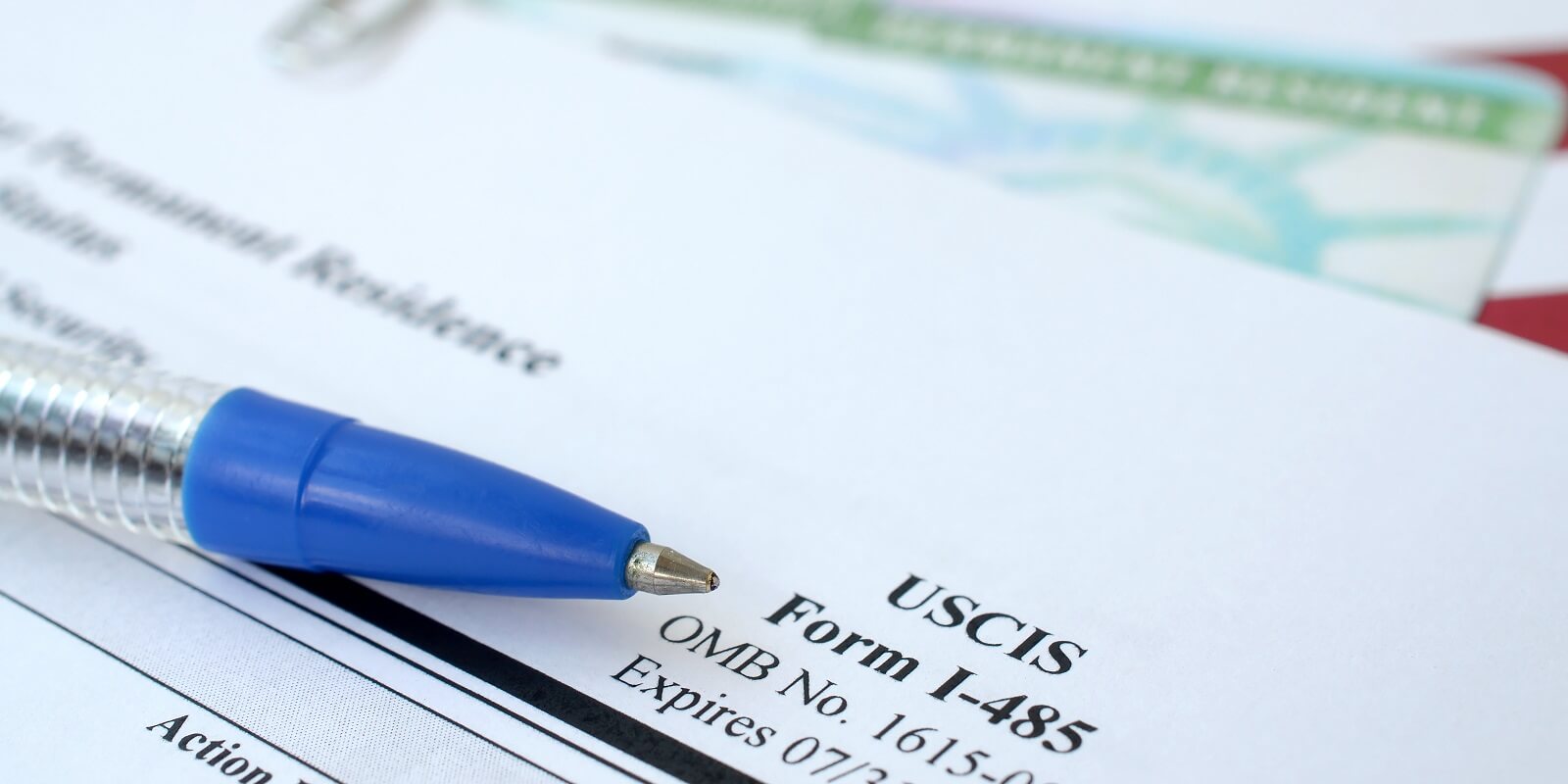 Navigating the immigration process in the United States can often be a complex and challenging journey. One critical step for many is filing the I-485 Application to Register Permanent Residence or Adjust Status, commonly known as the Adjustment of Status.
Navigating the immigration process in the United States can often be a complex and challenging journey. One critical step for many is filing the I-485 Application to Register Permanent Residence or Adjust Status, commonly known as the Adjustment of Status.
However, not all applications are approved, leaving applicants confused and frustrated. This blog post will explore some common reasons why an I-485 application could be denied.
What Is an I-485 Application?
The I-485 application is a form used by individuals who are physically present in the U.S to apply for permanent resident status without having to return to their home country. It’s a crucial step towards achieving a green card.
Common Reasons for Denial of the I-485 Application
1. Deciphering the Common Reasons for I-485 Application Denial
The I-485 application, or the Application to Register Permanent Residence or Adjust Status, is an integral step in the immigration process.
However, certain pitfalls may lead to the denial of your application. Understanding these common reasons can help you navigate the process more effectively and increase your chances of approval.
2. Ineligibility for Adjustment of Status
Not all individuals are eligible to file an I-485 application. Some categories of people, including those who have overstayed their visa or engaged in unauthorized employment, might be deemed ineligible.
Prior to applying, it’s crucial to confirm your eligibility based on your current immigration status, the method of your entry into the U.S., and any potential bars to adjust.
3. Incomplete Application or Incorrect Information
An incomplete application or incorrect information is one of the primary reasons for denial. Every section of the form needs to be accurately filled out, and all necessary supporting documents must be included.
Any missing or incorrect information can lead to a delay or denial of your application. Therefore, thoroughness and accuracy in completing your application are paramount.
4. Health-Related Grounds
 Certain health-related issues can cause a denial of the I-485 application. These include failure to provide proof of required vaccinations and specific physical or mental disorders associated with harmful behavior.
Certain health-related issues can cause a denial of the I-485 application. These include failure to provide proof of required vaccinations and specific physical or mental disorders associated with harmful behavior.
Applicants generally need to undergo a medical examination by a USCIS-approved doctor, who will assess these factors.
5. Criminal History or Security Concerns
A criminal history, particularly involving crimes of moral turpitude or drug offenses, can result in a denial. Likewise, security concerns such as involvement in terrorist activities or espionage can also lead to denial.
It’s essential to honestly disclose any criminal history and seek advice from an immigration attorney if you have concerns in this area.
6. Public Charge Grounds
If the officer adjudicating the application determines that an applicant is likely to become reliant on government assistance for subsistence, known as a public charge, the application may be denied.
The applicant must demonstrate financial stability, either personally or through a qualifying sponsor, to prevent this.
7. Failure to Maintain Status
If an applicant has not maintained lawful status in the U.S., this can lead to denial of the I-485 application. This could occur if you overstayed a visa, worked without authorization, or violated the terms of your current immigration status.
8. Insufficient Financial Support
The I-485 application often requires a sponsor, typically a family member or employer, who agrees to financially support the applicant. If this sponsor does not meet the minimum income requirements or fails to provide adequate supporting financial documentation, the application might be denied.
It’s essential for the sponsor to understand their responsibilities and ensure they can meet the financial obligations.
In conclusion, navigating the I-485 application process can be complex and challenging. However, by understanding these common reasons for denial, applicants can avoid potential pitfalls and significantly improve their chances of obtaining a favorable outcome.
Reach Out Northern Virginia’s Expert Immigration Lawyers
The reason why your I-485 application may have been denied is not always a straightforward answer; each adjustment of status case has intricacies and nuances that must be carefully navigated to ensure success.
However, understanding some of the more common reasons why an adjustment of status application can be denied can provide valuable insight when attempting to navigate this process.
Such common reasons include being inadmissible or ineligible due to a past immigration violation, lacking sufficient economic ties in the U.S., having no valid prescribed visa at the time of filing, failing to accurately complete the paperwork, or existing outside of proper immigration channels.
At its core, successfully adjusting your status requires properly understanding every factor, understanding all applicable laws and regulations, as well as working closely with Pride immigration, the I-1485 experts. Doing so will help to ensure that your adjustment of status experience is a successful one!
Beeraj Patel, Esq.
Latest posts by Beeraj Patel, Esq. (see all)
- Transitioning to Permanent Residency Through Adjustment of Status for Asylum Seekers - April 14, 2025
- What to Do If Your Employer Withdraws Support During the Green Card Process - March 31, 2025
- How a Green Card Attorney Can Help with Complex Immigration Cases Involving Family Separation - March 17, 2025
